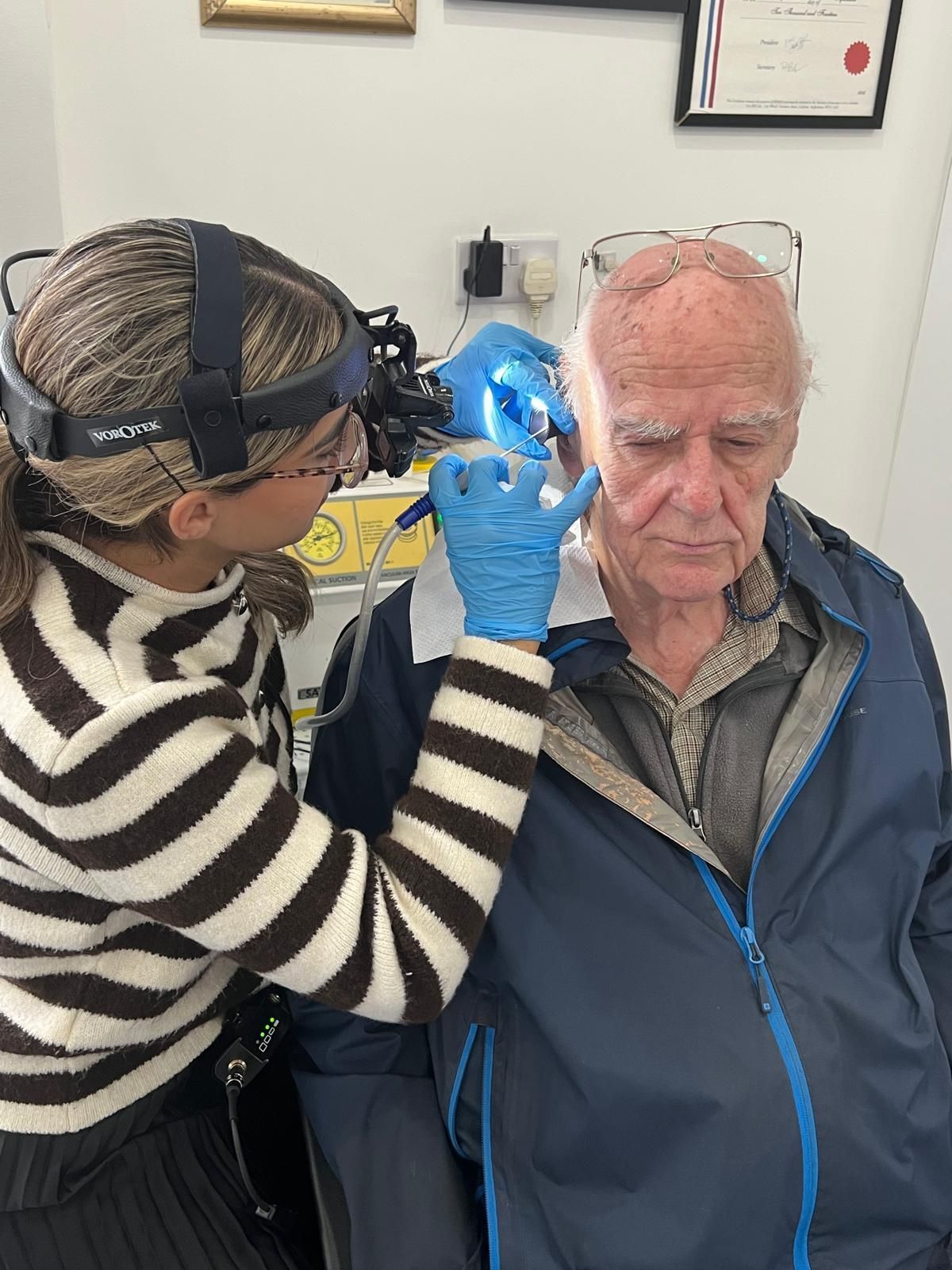What to Add to Your Diet for Better Hearing Health
An estimated 11 million people suffer from hearing loss in the UK, making it the second most common ailment here. Naturally, personal care and protection are needed for anyone with changes to their hearing. Fortunately, what we eat directly impacts our health and well-being. We can easily take care of our hearing health by adding the right foods to our diet. Here are a few hearing health food ideas to get you started:
Salmon
It’s common knowledge that the older you get, the more your body (including your ears) starts to function less. Fortunately, foods rich in omega-3 acids are known to improve the health of your ears. Salmon, sardines, and other types of fish are primary sources of these minerals, making them perfect for slowing down age-related hearing loss.
You don’t have to include salmon in every meal; two servings weekly are enough. Also, you don’t have to wait to have hearing issues to eat these ear-healthy meals. Start now!
Broccoli
Understandably, not everyone loves salmon. If you fall under this category, it doesn’t mean you are doomed. A study released in 2007 found that folic acid is equally as effective as omega-3 acids in boosting ear health. Broccoli represents one of the best sources of folic acid and is a perfect alternative to salmon. It also contains other nutrients such as Vitamin C, fibre, and Vitamin K, which are essential in improving our well-being.
You can have your broccoli raw, grilled, or steamed and still get the best out of your vegetables. Broccoli is fairly inexpensive and can easily be added to smoothies, purees, and sauces to get your recommended dose.
Bananas
Bananas are one of the most prominent fruits worldwide. They are known for their nutrients and are a perfect option for re-energising. Bananas can also aid in boosting your hearing abilities. These fruits contain magnesium, which is vital for facilitating proper hearing.
Magnesium can help expand your blood vessels, including those in your inner ear, to facilitate proper blood flow. It is also responsible for controlling glutamate release, a significant contributor to hearing loss issues caused by noise. Magnesium in bananas regulates your glutamate levels, so they don’t go beyond the appropriate limits.
The Key Takeaway
While we have highlighted bananas, salmon, and broccoli as some major foods for better hearing health, other foods rich in minerals (such as magnesium, folic acid, and omega-3) can also do the trick.
For more tips and tricks for better hearing – get in touch with Sid and Sukhina at Ealing Hearing Centre today - Contact us here



